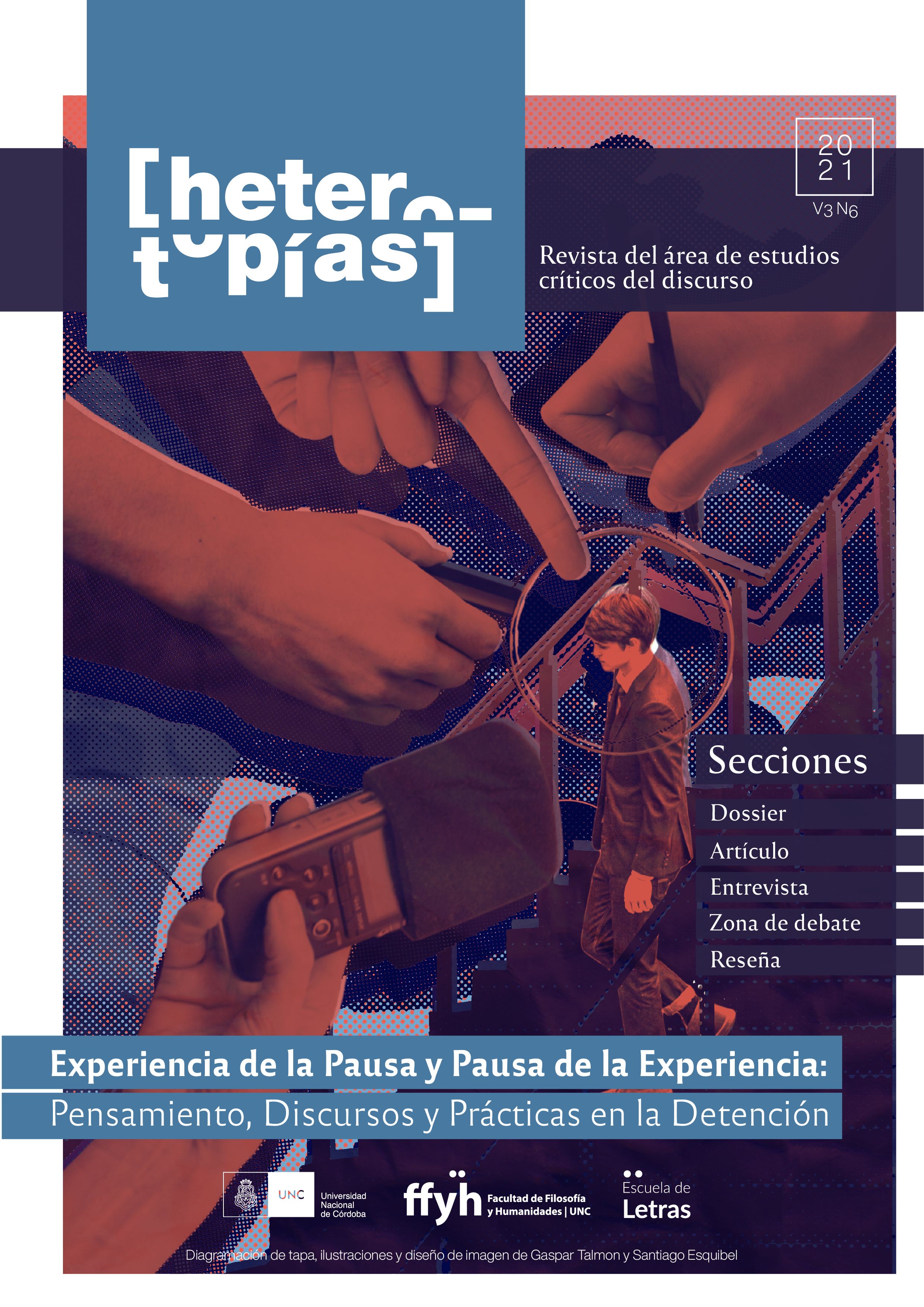To change of life in the academy
Main Article Content
Abstract
The pandemic, with the confinement it imposed, could appear at first as a suspension of time and activities in the academy. In fact, it brought a new form of storm in education and research, already affected by the series of reforms and socio-economic transformations that have taken place for twenty years. This paper proposes a reflection on these and the future perspectives of the organization of academic life.
Downloads
Article Details

This work is licensed under a Creative Commons Attribution-NonCommercial-ShareAlike 4.0 International License.
Those authors who have publications with this journal, accept the following terms: Those authors who have publications with this journal, accept the following terms:
a. The authors will keep their copyright and guarantee to the journal the right of first publication of their work, which will be simultaneously subject to the Creative Commons Attribution - Non-Commercial - Share Alike (by-nc-sa) Attribution License; no commercial use of the original work or any derivative works is allowed, the distribution of which must be done with a license equal to the one that regulates the original work.
b. Authors may adopt other non-exclusive license agreements for the distribution of the published version of the work (e.g., deposit it in an institutional telematic archive or publish it in a monographic volume) provided that the initial publication in this journal is indicated.
c. Authors are allowed and recommended to disseminate their work through the Internet (e.g. in institutional telematic archives or on their website) before and during the submission process, which may lead to interesting exchanges and increase the number of citations of the published work. (See The effect of open access).
How to Cite
References
Arikha, N. y Origgi, G. (Dir.) (2003). Text-e. Le texte à l’heure de l’Internet. Paris: Bibliothèque Publique d’Information, Centre Georges Pompidou.
Bonnéry, S. (2007). Comprendre l'échec scolaire. Élèves en difficulté et dispositifs pédagogiques. Paris : La Dispute.
Charle, C. y Soulié, Ch. (2008). Les ravages de la « modernisation » universitaire. Paris : Syllepse.
Charle, C. (2008).L'organisation de la recherche en sciences sociales en France depuis 1945: bref bilan historique et critique.Revue d'histoire moderne contemporaine, 5 (55-4 bis), 80-97.
Chartier, R. (2006). L’écrit sur l’écran. Ordre du discours, ordre des livres et manières de lire. Entreprises et Histoire, (43), 15-25.
Chartier, R. (marzo 2003). Révolutions de l’écrit et mutations des bibliothèques.Hors-Texte. Bulletin de l’AGBD,(69), 8-16.
Chartier, R. (marzo 2009). La mort du livre?Communication & Langages, (159), 57-65.
Granovetter, M. S. (mayo 1973). The Strengh of Weak Ties. American Journal of Sociology, 78 (6), 1360-1380.
Klemperer, V. (2000). Journal 1933–1941, 1942–1945. Paris : Editions du Seuil
Klemperer, V. (1998). LTI. La langue du IIIème Reich. Paris : Albin Michel/Pocket.
Lenclud, G. (2006). L’anthropologie et sa discipline. En Boutier, J. ; Passeron, J-C yRevel, J. (Eds.),Qu’est-ce qu’une discipline ?Paris : EHESS/Enquête, 69-93.
Ludmer, J. (2010). Aquí América Latina. Una especulación.Buenos Aires: Eterna Cadencia.
Schaeffer, JM. (2011). Petite écologie des études littéraire. Pourquoi et comment étudier la littérature ? Paris : Thierry Marchaisse.
